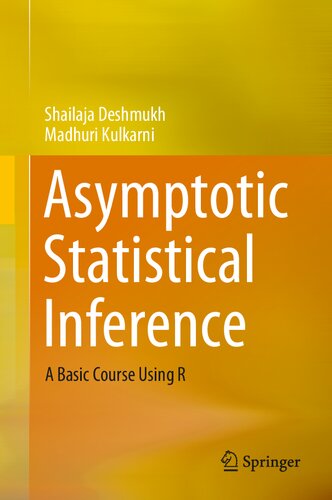

Most ebook files are in PDF format, so you can easily read them using various software such as Foxit Reader or directly on the Google Chrome browser.
Some ebook files are released by publishers in other formats such as .awz, .mobi, .epub, .fb2, etc. You may need to install specific software to read these formats on mobile/PC, such as Calibre.
Please read the tutorial at this link: https://ebookbell.com/faq
We offer FREE conversion to the popular formats you request; however, this may take some time. Therefore, right after payment, please email us, and we will try to provide the service as quickly as possible.
For some exceptional file formats or broken links (if any), please refrain from opening any disputes. Instead, email us first, and we will try to assist within a maximum of 6 hours.
EbookBell Team

4.7
86 reviewsNumerous illustrative examples of differing difficulty level are incorporated to clarify the concepts. For better assimilation of the notions, various exercises are included in each chapter. Solutions to almost all the exercises are given in the last chapter, to motivate students towards solving these exercises and to enable digestion of the underlying concepts.
The concepts from asymptotic inference are crucial in modern statistics, but are difficult to grasp in view of their abstract nature. To overcome this difficulty, keeping up with the recent trend of using R software for statistical computations, the book uses it extensively, for illustrating the concepts, verifying the properties of estimators and carrying out various test procedures. The last section of the chapters presents R codes to reveal and visually demonstrate the hidden aspects of different concepts and procedures. Augmenting the theory with R software is a novel and a unique feature of the book.The book is designed primarily to serve as a text book for a one semester introductory course in asymptotic statistical inference, in a post-graduate program, such as Statistics, Bio-statistics or Econometrics. It will also provide sufficient background information for studying inference in stochastic processes. The book will cater to the need of a concise but clear and student-friendly book introducing, conceptually and computationally, basics of asymptotic inference.